CCG Holds Climate Change Roundtable
April 23 , 2021
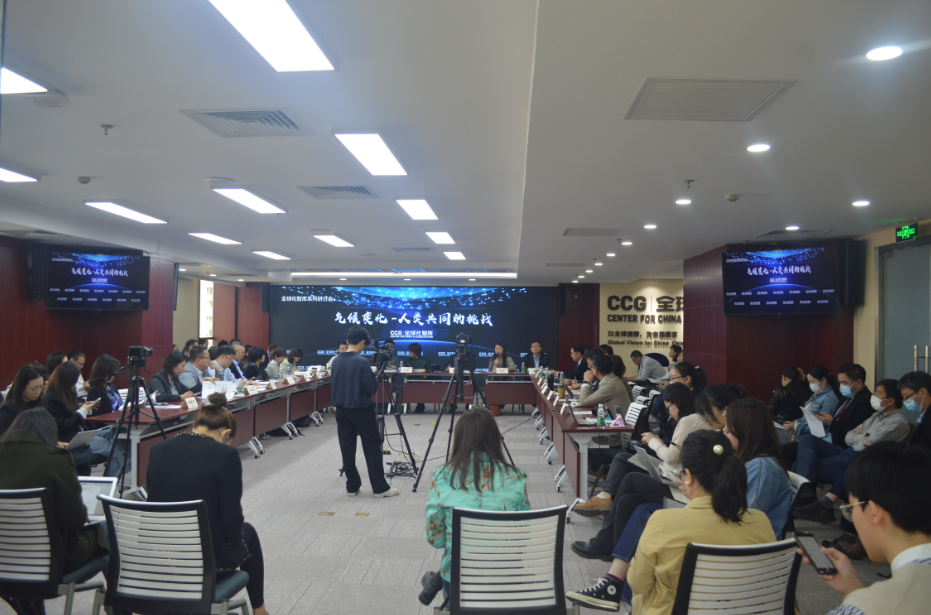
The world has now reached a consensus on strengthening international partnerships proactively in response to climate change. On April 23, echoing the Earth Day Summit, the Center for China and Globalization (CCG) hosted a roundtable on the theme of “Climate Change— a Common Challenge for Mankind”. Representatives from policy, business, academia and NGOs were invited to discuss topics including China-US leadership on coping with climate change, the difficulties faced by China on the road to peak carbon dioxide emissions and achieve carbon neutrality, and the roles played by the government and corporations in the process of low carbon transition and green development.
In her opening remarks, Dr. Miao Lu, CCG secretary-general, stated that the Earth Day Summit has drawn major attention and coverage is closely related to competition and cooperation between China and the US. At the same time, CCG, as the only Chinese think tank granted the “Special Consultation Status” by the United Nations, has been closely following the issue of climate change. CCG has been working on the SDGs (Sustainable Development Goals) not only from the angles of global governance, environmental protection and climate governance, but also in the research of think tank development, international policies and geopolitical relations.
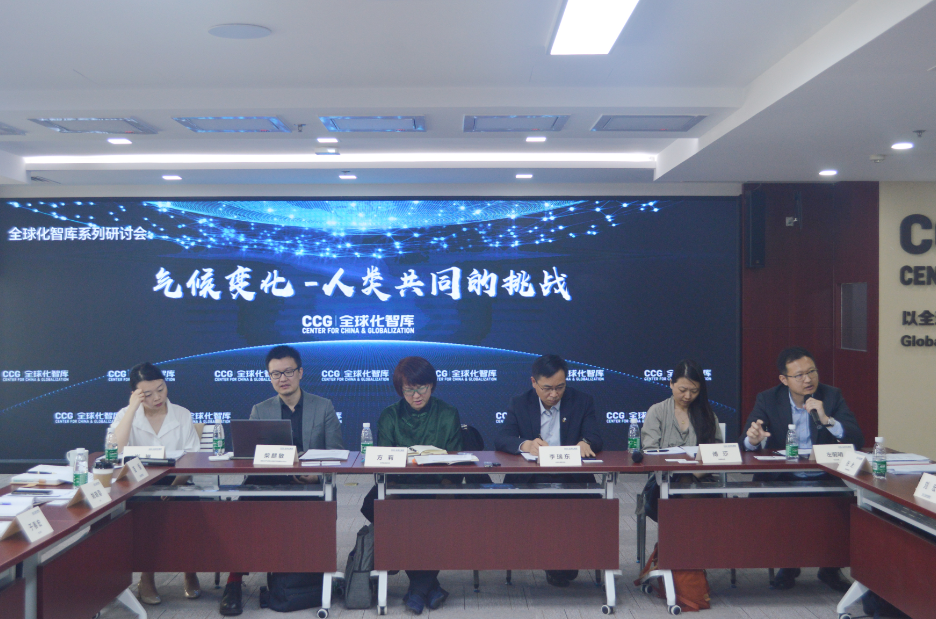
Chai Qimin, director for Strategy and Planning in the National Center for Climate Change Strategy and International Cooperation (NCSC), expressed his view on the shift of global attitude on climate change since the outbreak of the Covid-19 pandemic. Governments as well as citizens around the world have come to a deeper realization of climate change. Decarbonization has become an important means to combat climate change, joined by governments and corporations in more and more countries and regions. According to the UN secretary-general, at the end of this year, over 120 countries and regions, which account for more than 2/3 global emissions and 70% of the world economy, will have joined in the quest for carbon neutrality. More than 300 large corporations in the world have pledged carbon peak and carbon neutrality. Carbon neutrality will create numerous opportunities for partnerships in the future. During the talk between John Kerry, US Special Envoy for Climate Change and Chinese representatives, joint work involving third parties was especially mentioned, for not only establishing more bilateral trade relationships but also to address the huge financial needs of developing countries in achieving carbon neutrality.
Cui Lin, Head of Sustainability and Environmental Affairs of Airbus China, shared Airbus’s experience and lessons in response to climate change and carbon neutrality as theme for international cooperation. Cui pointed out that the emissions of carbon dioxide of the aviation industry account for a relatively low proportion compared to that of the whole transportation industry and the whole humankind. However, Airbus, as one of the world’s leading aircraft manufacturers, has made cutting-edge international commitments to cope with climate change, which are built to the company’s “DNA”. In line with the EU and the International Civil Aviation Organization’s carbon reduction goals to combat climate change, Airbus has also developed the so-called “2030 Commitment”. In addition, Airbus’ carbon reduction plan covers the whole life cycle of products – from design, manufacturing and supply chain management to carbon dioxide reduction in the service sector. Airbus not only keeps upgrading and innovating its own products and services, but also calls for its global suppliers and supply chains to work together to respond to climate change and carbon emission reduction campaigns.
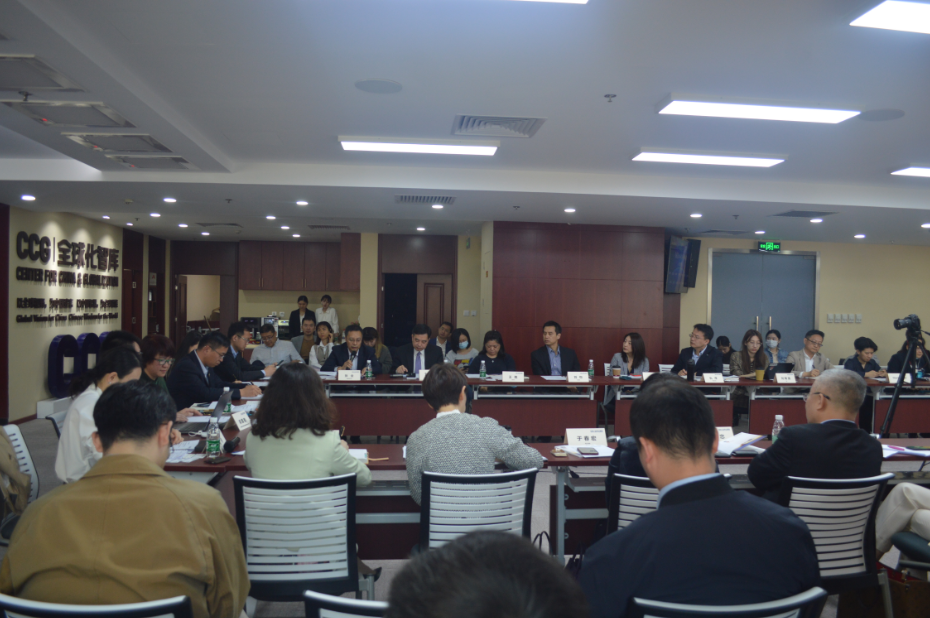
Fang Li, chief China representative of the World Resources Institute (WRI), noted that the WRI aims to contribute to China’s participation in global governance and China’s response to sustainable development by providing pragmatic and reliable solutions, bridging the gap between policy-making and science.
WRI’s “Science Based Targets Initiative (SBTI)” program is designated to provide companies with 5 or 15-year solutions. By now, 20% of the Fortune Global 500 companies have joined this program. At present, WRI has developed methodologies involving 14 industries, ranging from its own operations to the calculation of upstream and downstream supply chains and emissions along the supply chain. Carbon neutrality is not an incremental change but requires systematic social changes. Fang argued that this is an extremely important opportunity for China. Besides, China’s solutions may be an instructive example for the rest of the world, as China has both developed and underdeveloped areas, both heavy and light industries, as well as the digital information industry, not to mention there is still a gap of living standards among people.
“Climate change is an issue of global public goods,” says Fu Sha, director of the Energy Foundation’s Low Carbon Transformation Program. She argued that carbon neutrality is not only a challenge but also an opportunity for China. She said it’s necessary to associate peaking carbon dioxide emissions with carbon neutrality instead of separating them and that the goal of peaking carbon dioxide emissions is to achieve carbon neutrality at a lower cost.
Li Ruidong, deputy secretary-general of All-China Environment Federation (ACEF), shared his vision of people’s lives in the post-carbon neutral era, namely “three changes”- the change of energy structure, the change of low-carbon and environmental protection of home appliances, and that of circular economy and green buildings. He said ACEF intends to establish a special committee on carbon neutrality to cultivate “carbon culture”.
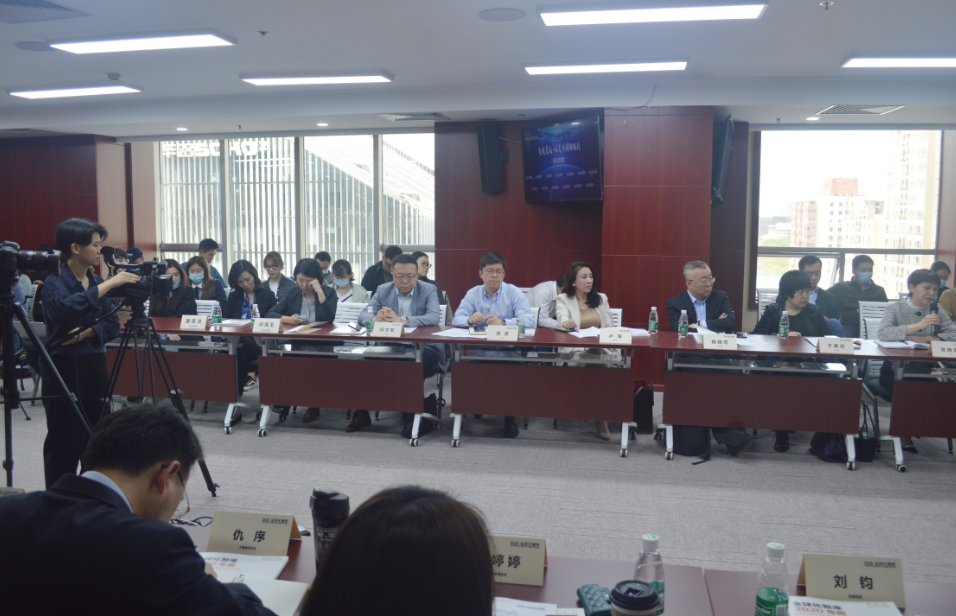
Zhang Quan, chief engineer of State Grid Energy Research Institute, said that the electricity sector would play a significant role in the task of carbon peaking and carbon neutrality. Zhang said the energy and power industry has a very important responsibility in the future development of the ‘dual carbon’ goal, because the core of achieving carbon neutrality is to control carbon emissions. The energy system accounts for 88% of our carbon emissions in China and the electric power system accounts for 40% of our carbon emissions.
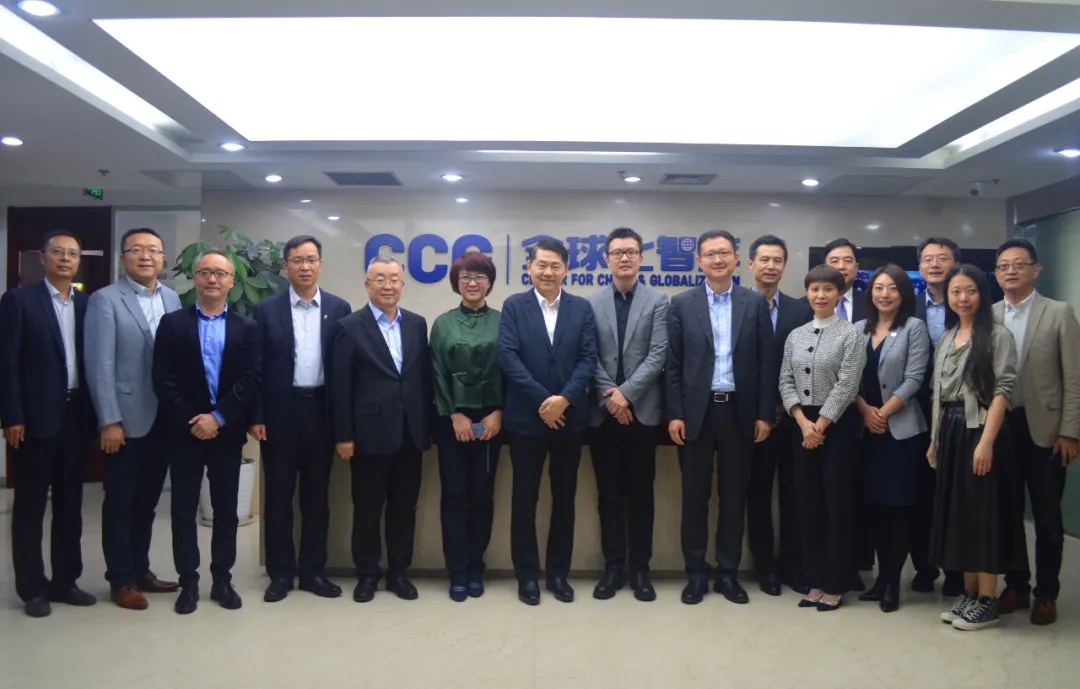
Accoring to Zuo Qianming, chief energy researcher at China Cinda Asset Management, all the problems related to climate change can be boiled down to the theme of this seminar — the common challenge of mankind. From a point of view of energy, he identified four areas in which to address this challenge. The first is to properly manage the nuanced relationship between development and carbon control. Secondly, we should address the issues of economic, social and energy security and safety in regard to carbon control. Thirdly, the relationship between equality and emission reduction should be clarified. The fourth issue is the relationship between technology and carbon control. We cannot simply limit carbon control to oil, gas, thermal power and coal. Instead, we should return to the essence of the problem and focus on developing advanced technologies to control carbon through multiple channels.
Wang Huiyao, president of CCG, referred to Chinese President Xi Jinping’s speech at the Earth Day Leaders Summit. It was encouraging that President Xi reaffirmed China’s goals for 2030 and 2060 as well as proposing new measures such as China’s gradual reduction of carbon emissions and thermal power generation, showing the leadership’s vision of open and sustainable development can effectively address the global climate crisis. Wang said CCG is a platform for government, industry and academia to exchange ideas on the development of combating climate change in China and the world. Wang said we can also consider setting up an international institution to manage carbon emission management and trading.
Participants of this roundtable also included: Li Yuhui from Apple Inc.; Liu Yu, Research fellow of the BOE Industrial Research Institute; Tina Ren and Jing Wang from the Paulson Institute; Wang Su, Honeywell’s Vice President of Government Affairs; Dong Liu, Honeywell’s Director of Government Affairs; Han Yuanzheng, Beijing Representative Office of Korea Institute for International Cultural Exchange; Yao Xiaorong, Vice president of government and foreign affairs, BMW Greater China; Serenah from the International Department of China Construction Bank; Liu Yuhan, Public policy Manager at LinkedIn; He Zhijun from the Government Affairs Department of Merck; Yue Cao, Senior Commercial Attache from the US Embassy in China; William Toerpe, Commercial Attache from the US Embassy in China; Qiu Xu, President of Millennium Vision Technologies and Liu Jun, COO of Greatview Aseptic Packaging Company.






